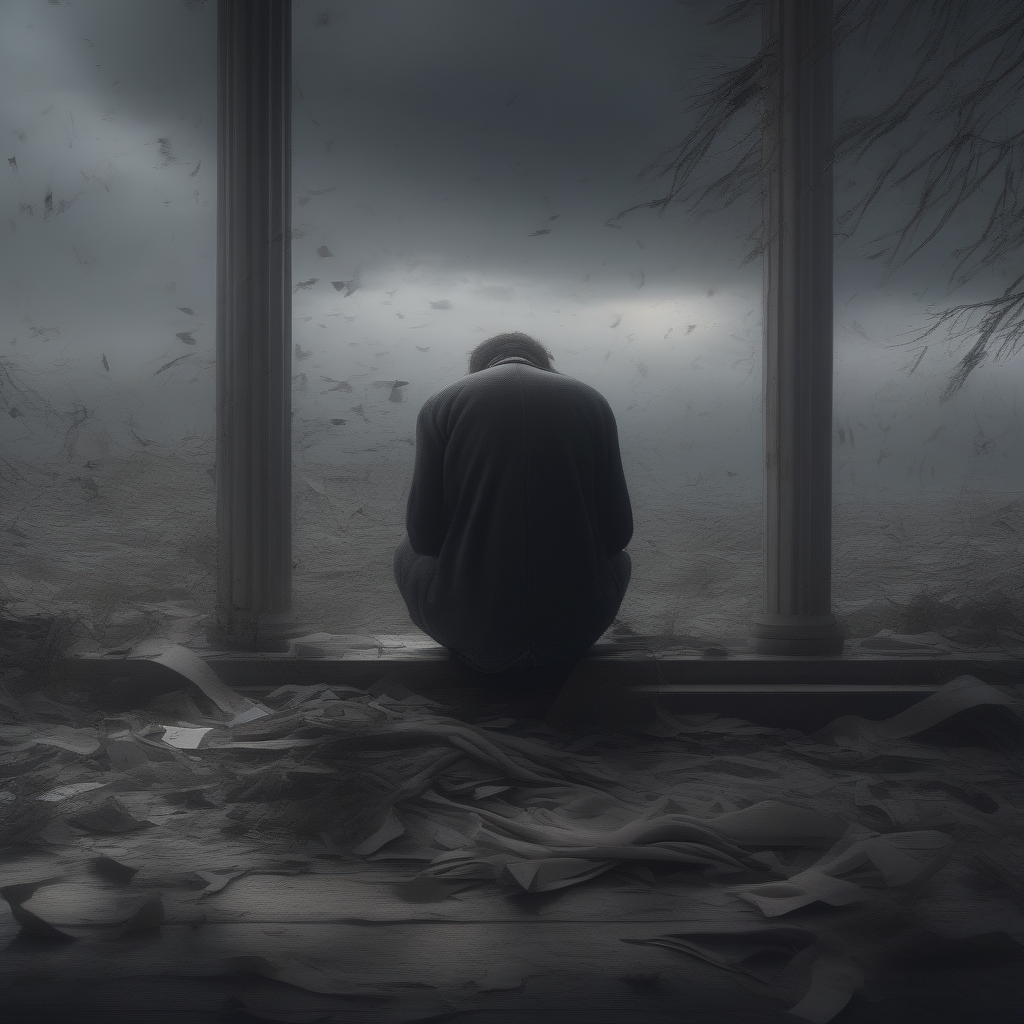Despair is a complex and deeply troubling emotion that encompasses an overwhelming sense of hopelessness and loss. It is a profound state of sadness, often accompanied by feelings of powerlessness and a lack of motivation. Despair can be triggered by various factors such as personal failures, traumatic experiences, or prolonged periods of stress and dissatisfaction.
When one experiences despair, it feels as if all avenues for improvement or change have been exhausted. The individual may struggle to find meaning or purpose in life, questioning their existence and feeling detached from the world around them. A sense of isolation can deepen this feeling of despair as they perceive themselves as being trapped in their own suffering, unable to reach out for help or connect with others.
Despair can have severe consequences on one’s mental, emotional, and physical well-being. It can lead to a loss of appetite, disrupted sleep patterns, and a general decline in overall health. As the person becomes consumed by a sense of hopelessness, they may withdraw from social interactions, neglect responsibilities, or even entertain self-destructive thoughts and actions.
However, it is important to remember that despair is not a permanent state. While it may feel all-consuming, there is always the potential for change and growth. Seeking support from loved ones, reaching out to mental health professionals, or engaging in self-care activities can all be beneficial in overcoming despair. Taking small steps towards finding meaning, purpose, and rediscovering personal strengths can gradually alleviate the grip of despair and guide individuals towards a path of healing and renewal.
